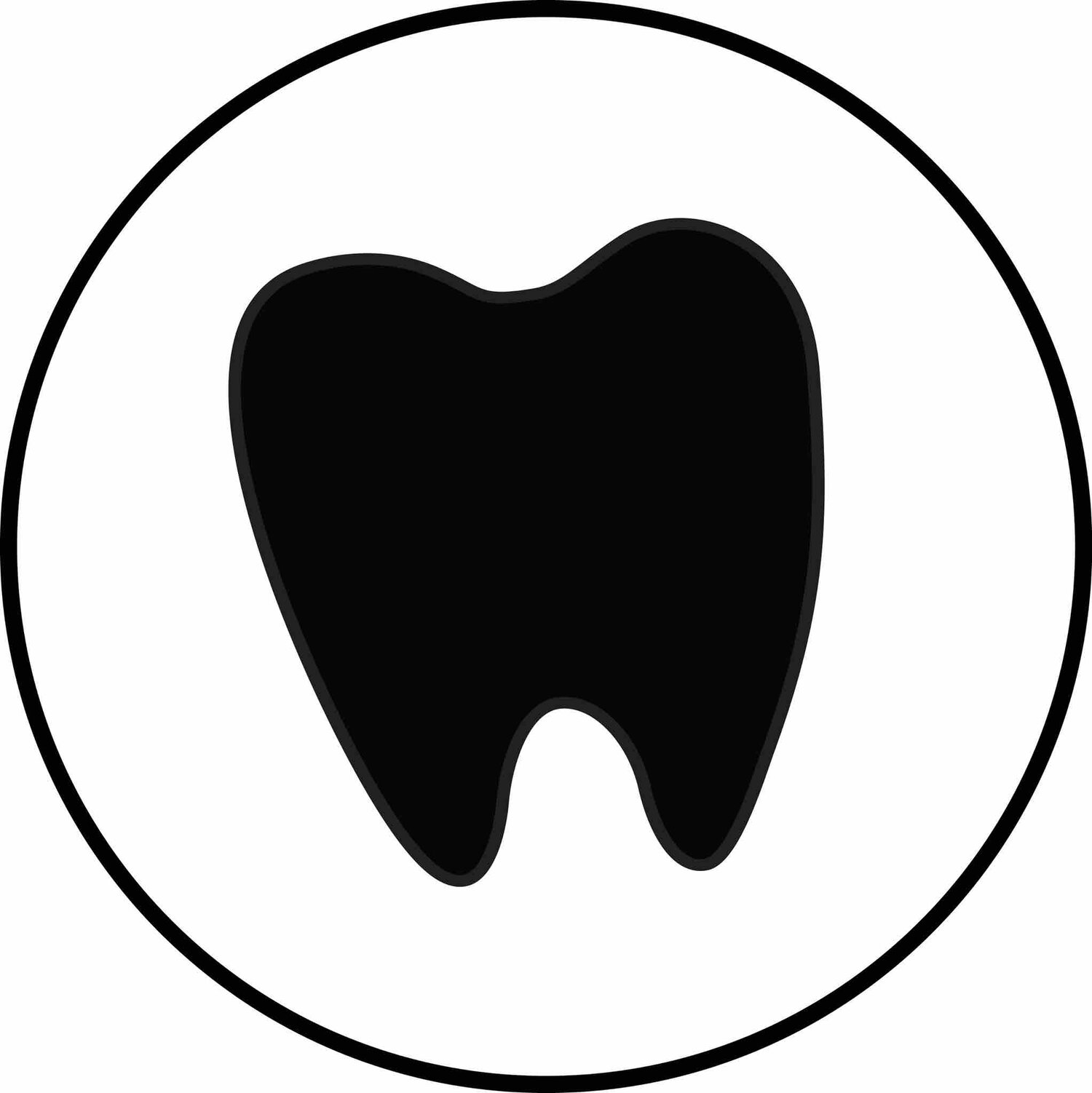Why Sharp Instruments Matter: Better Calculus Removal, Patient Comfort & Clinician Health
If you've ever struggled to remove tenacious calculus or found yourself overworking during a hygiene visit, chances are your instruments weren’t sharp enough. In the world of dental hygiene, sharp instruments aren't just a preference—they're a necessity for effective, efficient, and comfortable care. Whether you're new to clinical practice or have been scaling for decades, prioritizing dental instrument sharpening is one of the best things you can do for your patients—and yourself.
The Key to Calculus Removal: Efficiency with Every Stroke
When instruments are sharp, calculus removal becomes significantly easier. Dull curettes and scalers require more pressure, more strokes, and more effort. This doesn’t just lead to inefficiency—it can also result in burnished calculus, which is harder to detect and remove, especially during periodontal therapy.
A sharp cutting edge engages the calculus immediately, allowing for clean, precise removal with fewer strokes. This means less time in the chair for your patient and more confidence for you as the clinician.
Better Patient Comfort Starts with Sharpness
By using instruments that glide easily and require minimal force, we’re able to provide more comfortable dental cleanings, particularly for patients with sensitive gingiva or periodontal concerns.
A sharp instrument = fewer strokes = happier patients. It's that simple.
Protecting the Clinician: Your Career Depends on Ergonomics
Let’s talk about something that doesn’t get discussed enough: your long-term health as a clinician. Dull instruments force hygienists to work harder, increase pinch force, apply more lateral pressure, and engage awkward angles—leading to repetitive strain injuries, wrist pain, and even burnout.
By keeping instruments sharp, you reduce the strain on your hands, wrists, shoulders, and back. Sharp tools make your instrumentation smoother, lighter, and more ergonomically sound. That’s critical if you want to practice comfortably and pain-free for years to come.
Sharpening Doesn’t Have to Be Overwhelming
If sharpening intimidates you or has been pushed to the back burner in your clinical routine, you're not alone. But here's the good news: sharpening your instruments doesn’t have to be time-consuming or complicated. With the right guides, stones, or sharpening tools (like the ones we review and demonstrate here on Hygiene Edge!), you can quickly bring your instruments back to their ideal cutting edge.
Set a routine. Sharpen a few instruments daily. Keep a test stick handy. And don’t forget to train your eye to recognize dullness before it becomes a clinical issue.
Final Thoughts
Sharp instruments aren’t a luxury—they’re essential for excellent dental hygiene care. They help us scale calculus efficiently, keep our patients more comfortable, and support our own health and longevity in this amazing profession. Take a few minutes each week to assess and sharpen your instruments—you’ll feel the difference in your hands, and your patients will feel it too.
Stay sharp (literally),
Melia Lewis, MEd, RDH
Co-Founder, Hygiene Edge

